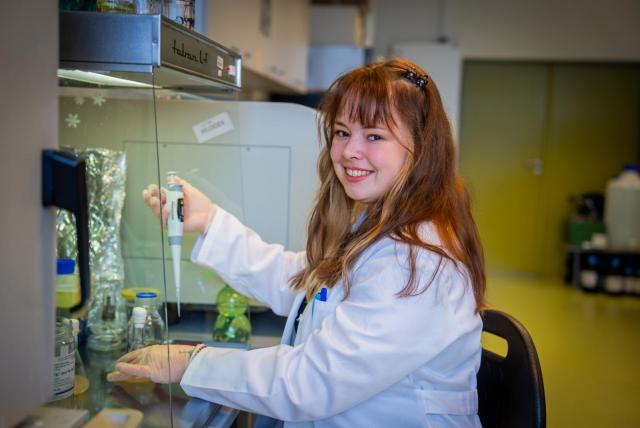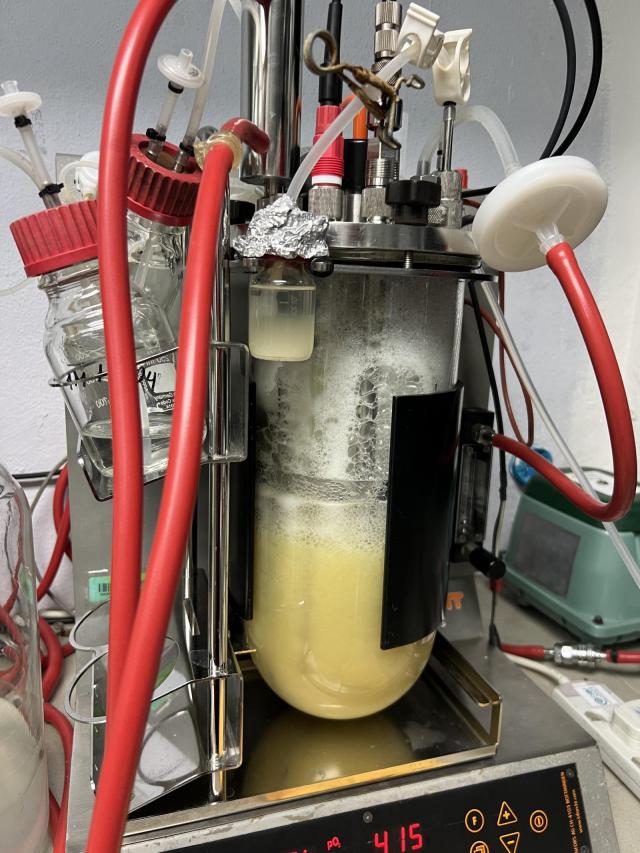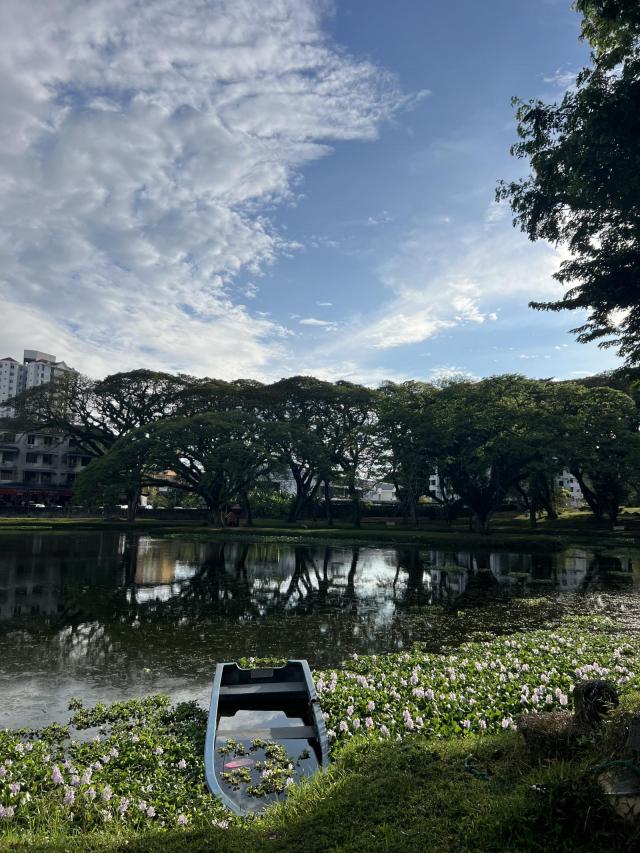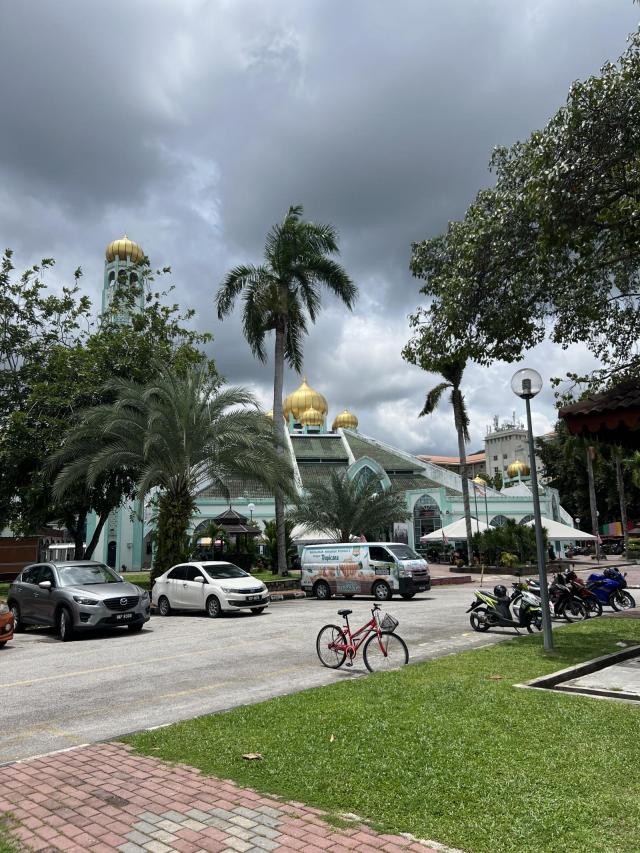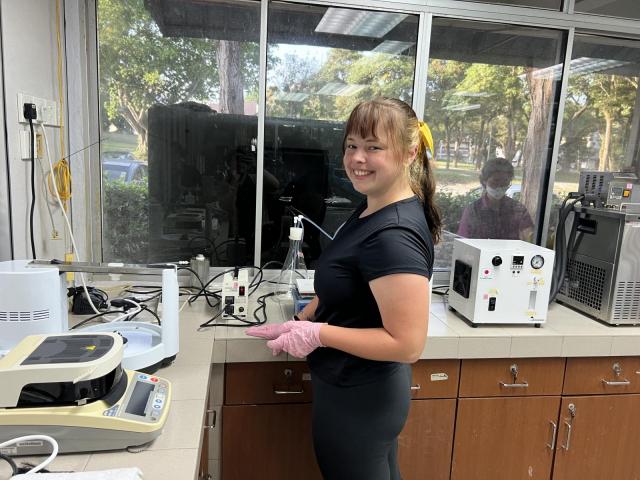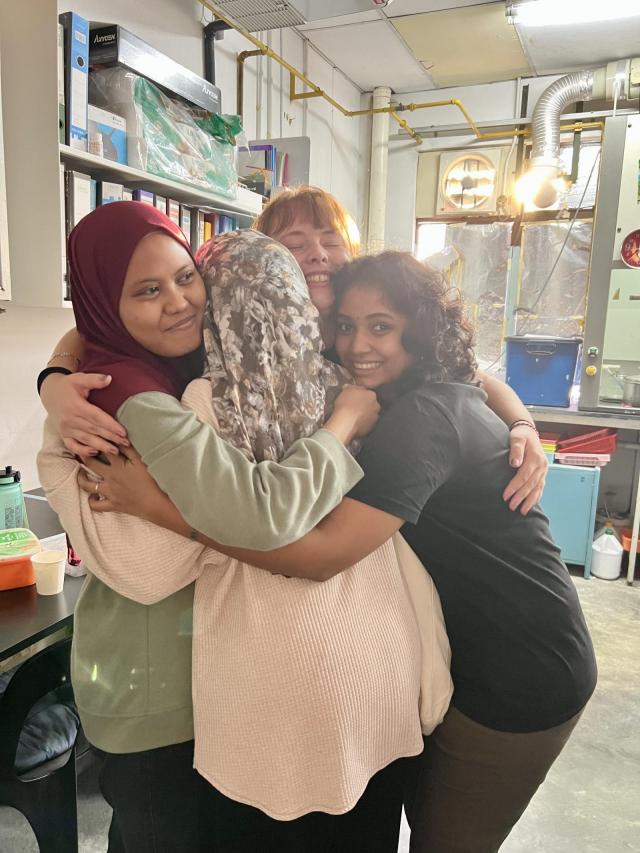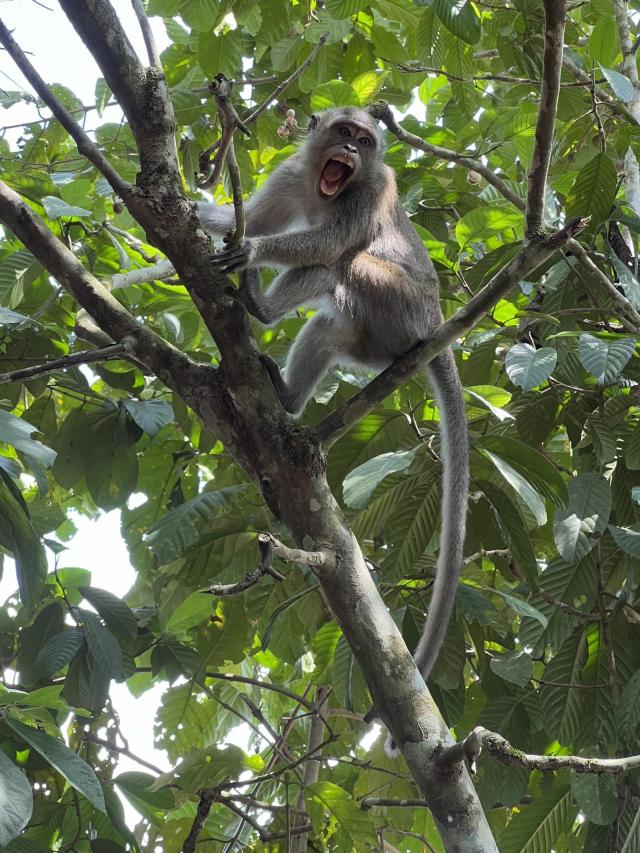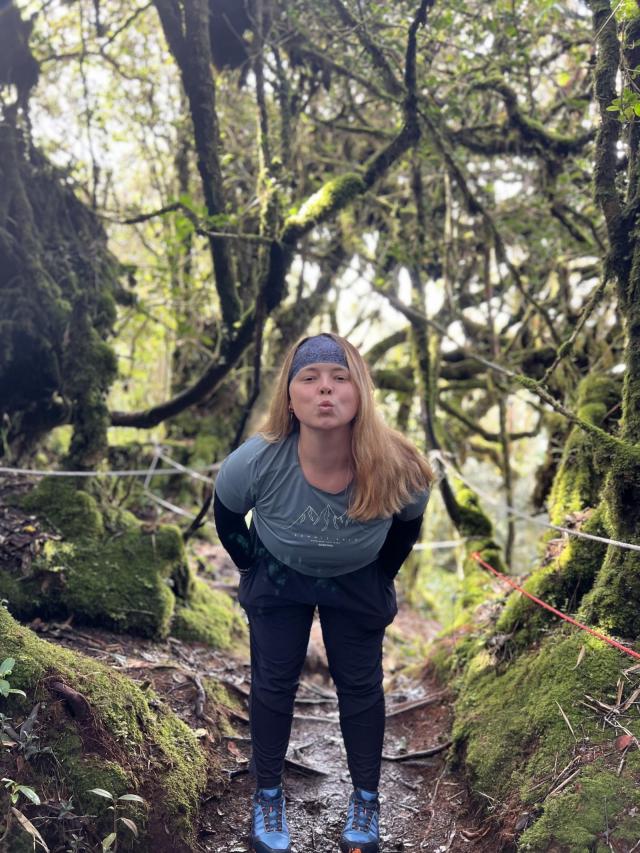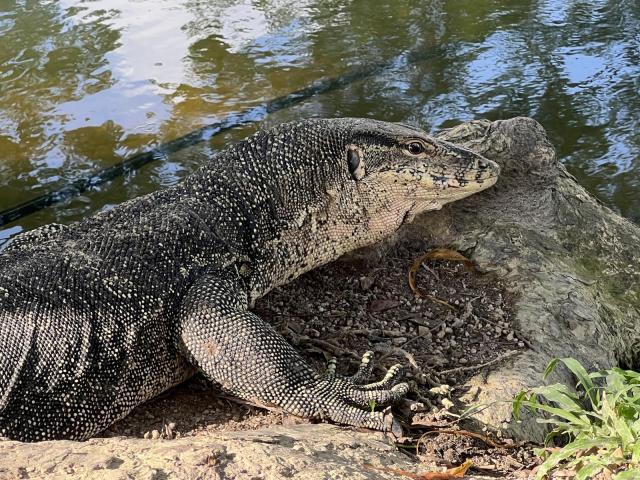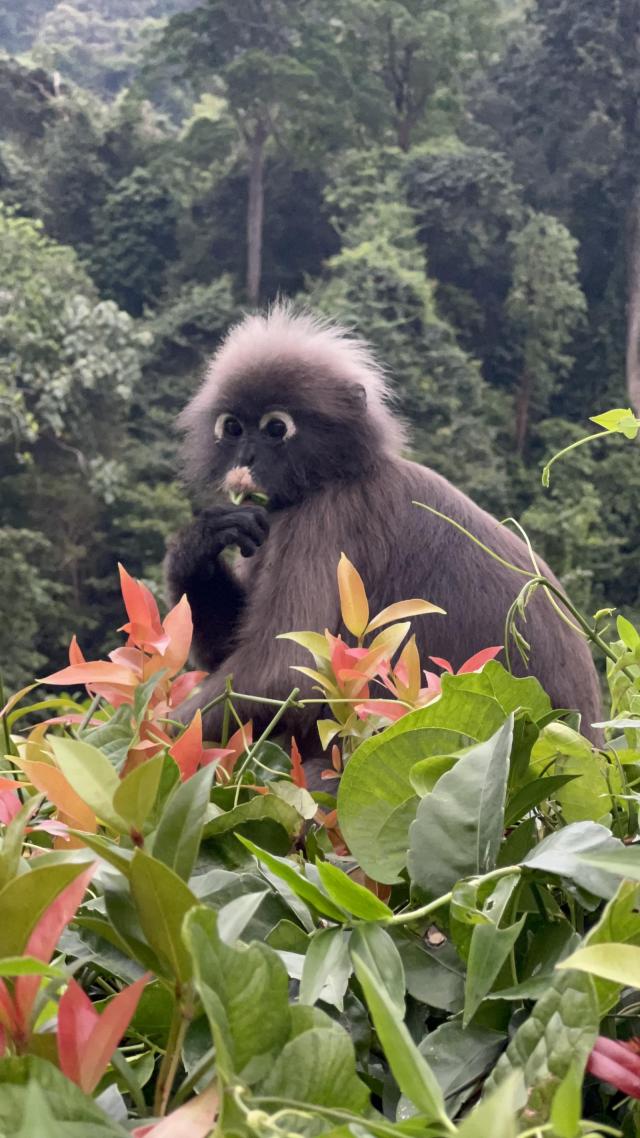PhD student Veronika Řeháková on bioplastics research in Malaysia: Giving your all to science bears sweet fruit
What is it like to do scientific research on the other side of the planet? Come with us into the world of international research, where scientific precision meets unique local culture and intense dedication. PhD student Veronika Řeháková from the Institute of Food Chemistry and Biotechnology at FCH BUT spent six months on an internship at Universiti Sains Malaysia in Penang, where she focused on cultivating bacteria in bioreactors and improving methods for producing biodegradable “plastics”, known as polyhydroxyalkanoates. In this interview, she shares insights about differences between scientific approaches in Malaysia and Czechia, the potential of bioplastics, and cultural contrasts. The experience she gained will also enrich her dissertation, in which she explores the biotechnological production of polyhydroxyalkanoates using thermophilic bacteria, under the supervision of Professor Stanislav Obruča.
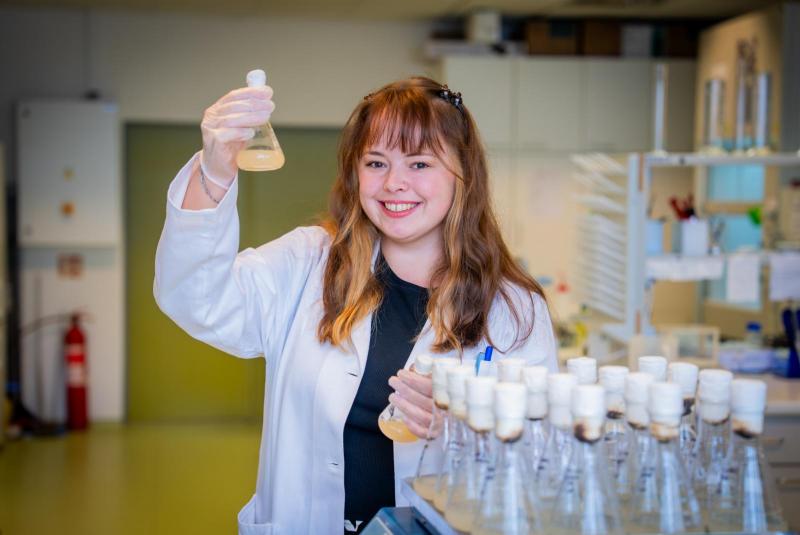
Professor Sudesh is one of the leading experts in the area of my research. My field of study focuses on polyhydroxyalkanoates, materials that are very similar to common plastics, but unlike them, they are biodegradable, biocompatible, and non-toxic. Therefore, they have huge potential—even for medical applications. It’s also the main topic of my dissertation. Additionally, I had already visited Malaysia on vacation and really enjoyed it there, so working directly in the professor’s lab was an ideal choice. Some people think Malaysia is underdeveloped, but in fact, it is very similar to our country.
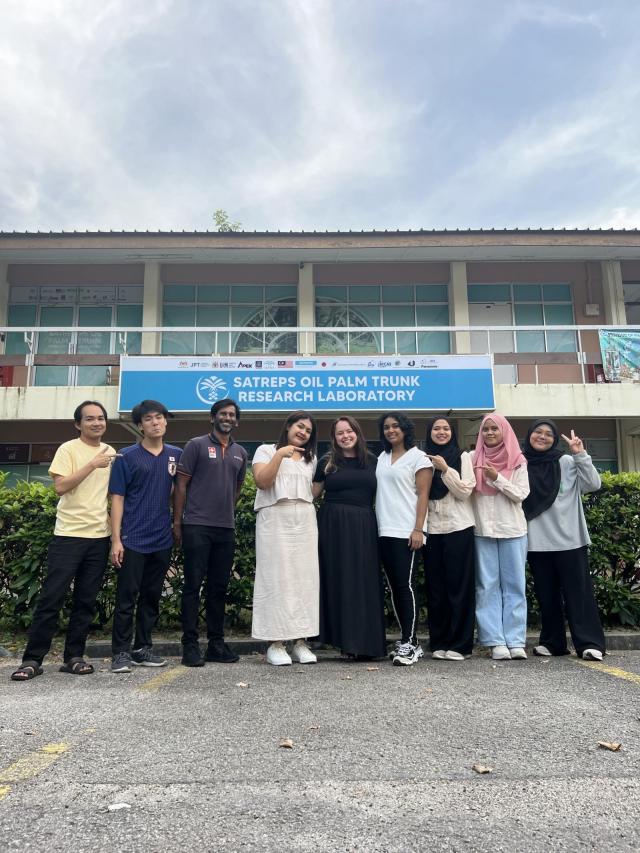
My research focuses on polyhydroxyalkanoates, bioplastics produced by bacteria. At our faculty, I usually work with very small volumes—cultivations mostly take place in flasks with volumes of hundreds of milliliters. In Malaysia, I had the opportunity to work with bioreactors—larger vessels capable of culturing bacteria on the scale of several liters. Bioreactors have the huge advantage of being fully controllable. We can precisely set the conditions that best suit bacteria, significantly increasing the efficiency of bioplastics production. My research focuses on copolymers—polymers composed of different monomeric units, which generally have better properties compared to the most common homopolymer, poly-3-hydroxybutyrate, which is quite brittle. My colleagues in Malaysia didn’t work with the same type of bacteria I do, but precisely this fact allowed us to enrich each other mutually.
What challenges did you face during your research?
Working in a lab comes with many challenges, especially when working with bacteria. Although they’re microscopic creatures, they definitely aren’t always obedient. Even when we provide them with ideal conditions, it doesn’t necessarily mean they will behave as we want. Sometimes, they simply “switch off”, stop growing, or decide to start breaking down the biopolymer that is stored inside them, similar to fat storage in our bodies.
Another significant challenge is the environment. Bacteria are very sensitive to temperature changes, and transferring them from one place to another can be stressful for them. I work with thermophilic bacteria that grow at higher temperatures, so the emphasis on sterility isn't as high. Not all bacteria can handle temperatures around 50°C like mine can, thus reducing contamination risk. Still, many things can go wrong.
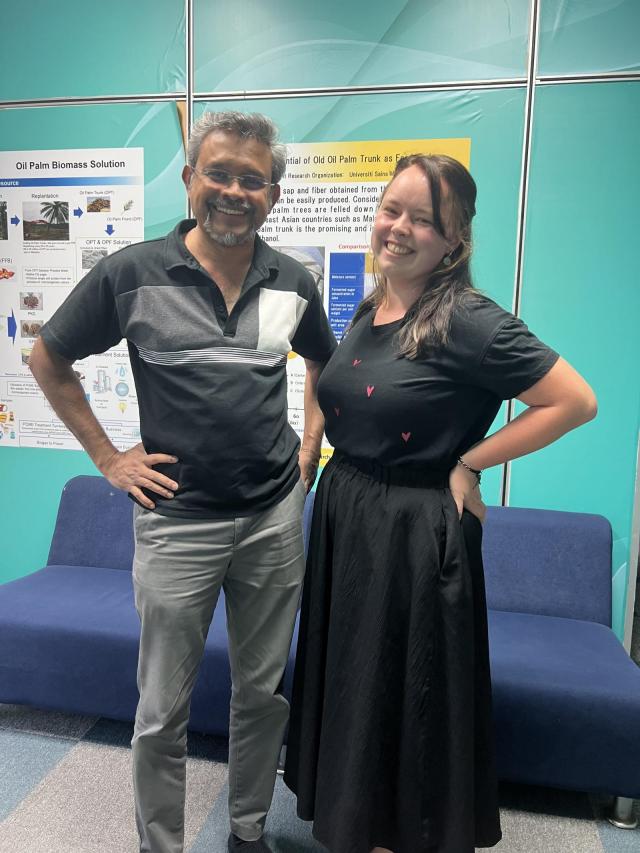
The internship in Malaysia directly supported my dissertation. At FCH, I also try to cultivate polyhydroxyalkanoates in bioreactors, but encountered several problems. The bacteria didn’t grow optimally, and various issues arose, for instance, with pH control. I knew that in Malaysia they approach these processes differently, so I hoped they could help identify what I was doing wrong. My initial experiments there didn't go well, so step by step, I had to determine what was wrong, how to improve it, and how to achieve better results. Eventually, I succeeded.
What is the future of bioplastics in your opinion?
Overall, I believe that what we're doing here and what our colleagues are working on in Malaysia holds huge potential. We are looking for alternatives to conventional plastics, as plastic waste is becoming an increasingly urgent issue. Bioplastics already exist and have practical applications, but the road to fully replacing plastics is still long. The advantage is that we don’t need expensive raw materials to produce bioplastics—bacteria can be “fed” waste from the food industry containing sugars or fats, which then form biodegradable plastics.
The biggest obstacle is finances. Conventional plastic is extremely cheap and an almost perfect material—its only problem is its ecological footprint. Perhaps increasing plastic prices could help, although this is obviously an unpopular topic. In Malaysia, I saw firsthand how serious the issue of plastic waste truly is. Here in Europe, we have recycling and regulations, but plastic usage in Malaysia is much higher, and waste often isn't recycled at all.
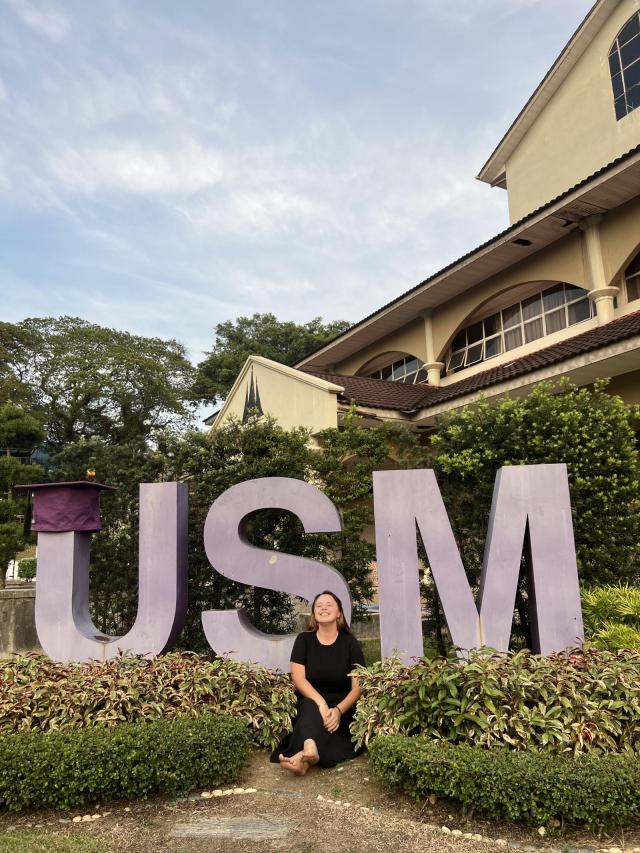
I didn’t directly work on other projects, but I had the chance to observe various fascinating research endeavors. One, a collaboration between Professor Sudesh and Japan, focuses on processing oil palm trunks. Renewing palm plantations is a significant issue, and this project seeks more sustainable solutions. Instead of treating unused trunks as waste, they’re finding ways to add value—using them as carbon sources for bacteria that subsequently produce bioplastics. It aligns perfectly with the concept of circular economy and sustainable agriculture.
Another great opportunity was collaboration and participation in a prestigious international conference on polyhydroxyalkanoates organized by Professor Sudesh in Penang. For me, it was fascinating—meeting face-to-face with people whose names I had previously only known from scientific articles. It provided new contacts, the chance to share experiences, and valuable networking.
How was your cooperation with local researchers?
The cooperation with local researchers and students was excellent. Malaysia is multicultural, home to many ethnic groups, perhaps explaining why local people are so open-minded. They welcomed me from day one, treating me as if I had always been there. We collaborated daily—I had to learn how to operate their equipment, which is very expensive and requires specific handling.
Professor Sudesh specifically is extremely goal-oriented, approaching research strategically and systematically. He carefully considers which tasks he assigns to whom, ensuring they’re manageable yet allowing creativity. Every team member had clearly defined goals, enabling efficient work and motivating us to seek new solutions. His approach to linking academic research with practical industrial applications was particularly inspiring.
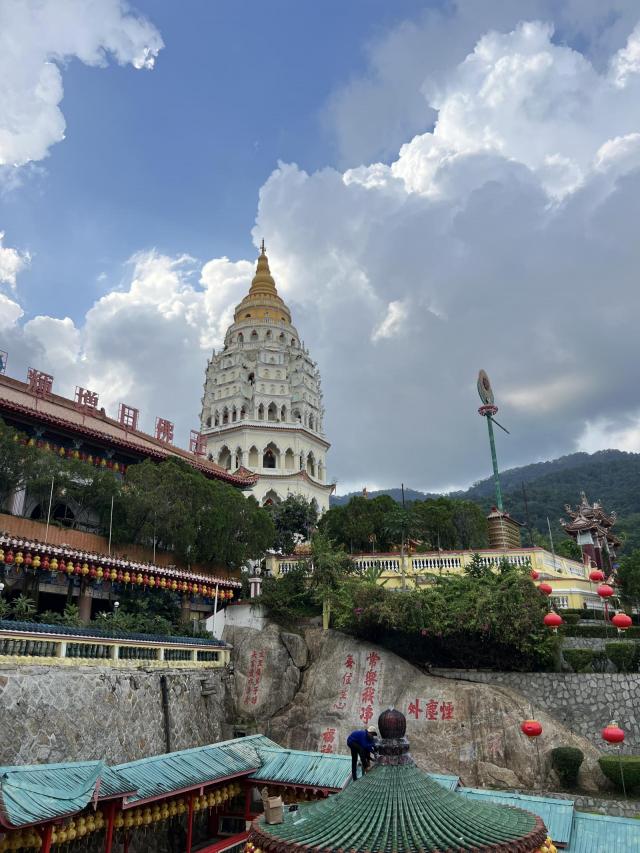
If I focus on my experience with polyhydroxyalkanoates research, Professor Sudesh's approach greatly inspired me. For example, I found the method of extracting PHA using mealworms particularly interesting—an environmentally friendlier alternative to traditional solvents. The worms feed on bacterial biomass and excrete pure polymer—it’s somewhat like civet coffee but with bioplastics.
What cultural differences surprised you the most?
In academia, what surprised me most was the intense work ethic. While it’s common here to leave faculty around five or six in the evening, in Malaysia, I frequently left the lab late at night. The concept of “free weekends” was almost nonexistent. People started work around ten, and 12-hour shifts weren’t uncommon. Initially, it was shocking for me, but eventually, I adapted to this pace. Still, I don’t think it’s ideal, as their social lives suffered noticeably. Despite limited free time, I managed a week-long trip to Borneo and weekends in Thailand and Bali.
In everyday life, I was surprised by things like rice for breakfast, or the fact pedestrian crossings practically didn’t exist, so you learned to sprint across six-lane highways. The most surprising, though, were local animals—on campus, there were more monitor lizards per square meter than students! Additionally, I had geckos in my kitchen and frequently saw monkeys in the parks.
Malaysia is also deeply religious, which extends into academia. Our team included people from various faiths—Islam, Hinduism, Buddhism, and non-believers alike. In Malaysia, it doesn’t matter who you are, who you pray to, or how much money you have. People live in peace and harmony there, which is remarkable.
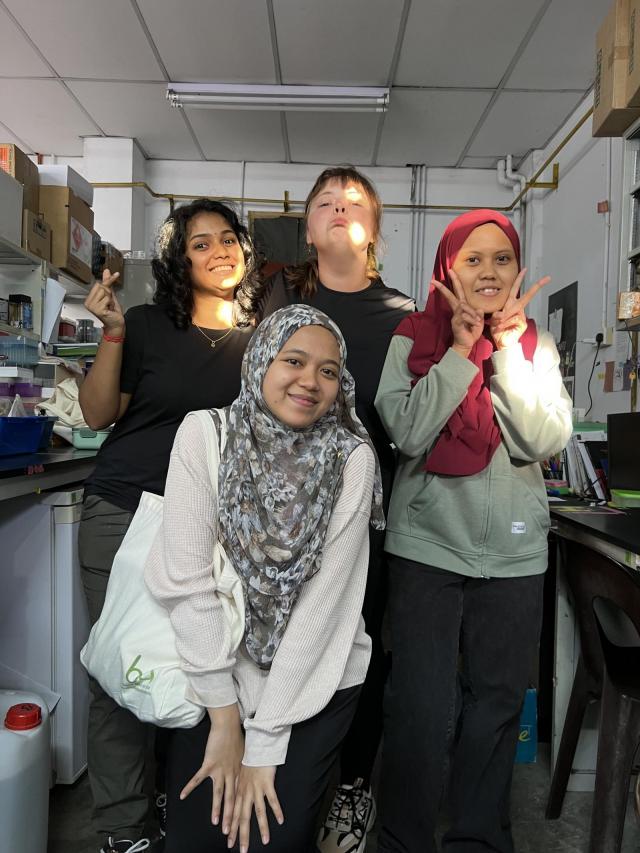
Although at first glance it might seem the intense work ethic wasn’t my favorite aspect, paradoxically it’s something I now consider valuable. Observing their rigorous and disciplined approach clearly demonstrated that such dedication yields results. Even though I strongly believe in work-life balance, sometimes it's worth putting in the extra effort, especially when you know it makes sense and will bear sweet fruit.
Generally, I appreciate how scientific work has a higher purpose. Laboratory work involves not only intellect but also manual skills. Furthermore, I genuinely enjoy the academic environment. Of course, some days I’m reluctant to read articles or write reports, but most often, the work fulfills me. The most fascinating part is that we're working with living cells—it’s challenging, yet that’s exactly what makes it interesting.
What has this experience brought to your personal life?
It may sound cliché, but how they took care of me there taught me how important it is to care even for strangers. From day one, they treated me as their own. During difficult moments, their immense emotional support was invaluable to me. When I left, my closest teammates even accompanied me to the airport, and we’ve stayed in touch ever since.
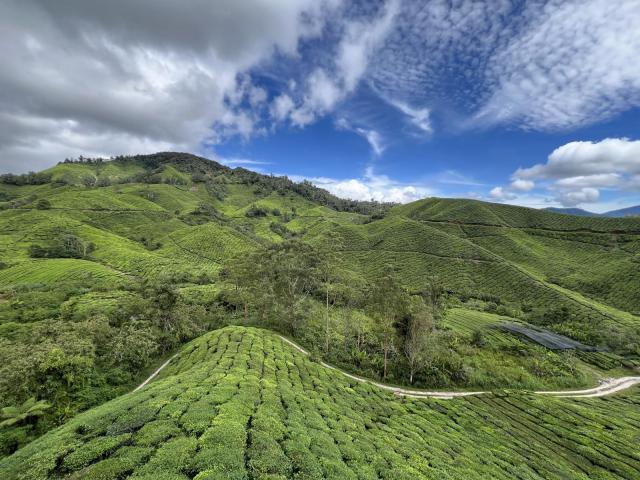
Don’t hesitate—just go! Many people fear stepping outside their comfort zone and leaving family or partners behind, which indeed is difficult. However, I view it as an invaluable opportunity that not everyone gets. Ultimately, an internship abroad takes little away and gives so much in return. It may seem intimidating at first, but don’t fear traveling further—even if you were to stay in Spain, you wouldn’t be coming home every weekend. Personally, I love experiences that push me out of my comfort zone and offer new adventures.
Thank you for the interview!
-jo-
| Published | |
|---|---|
| Link | https://www.fch.vut.cz/en//f96620/d285368 |
